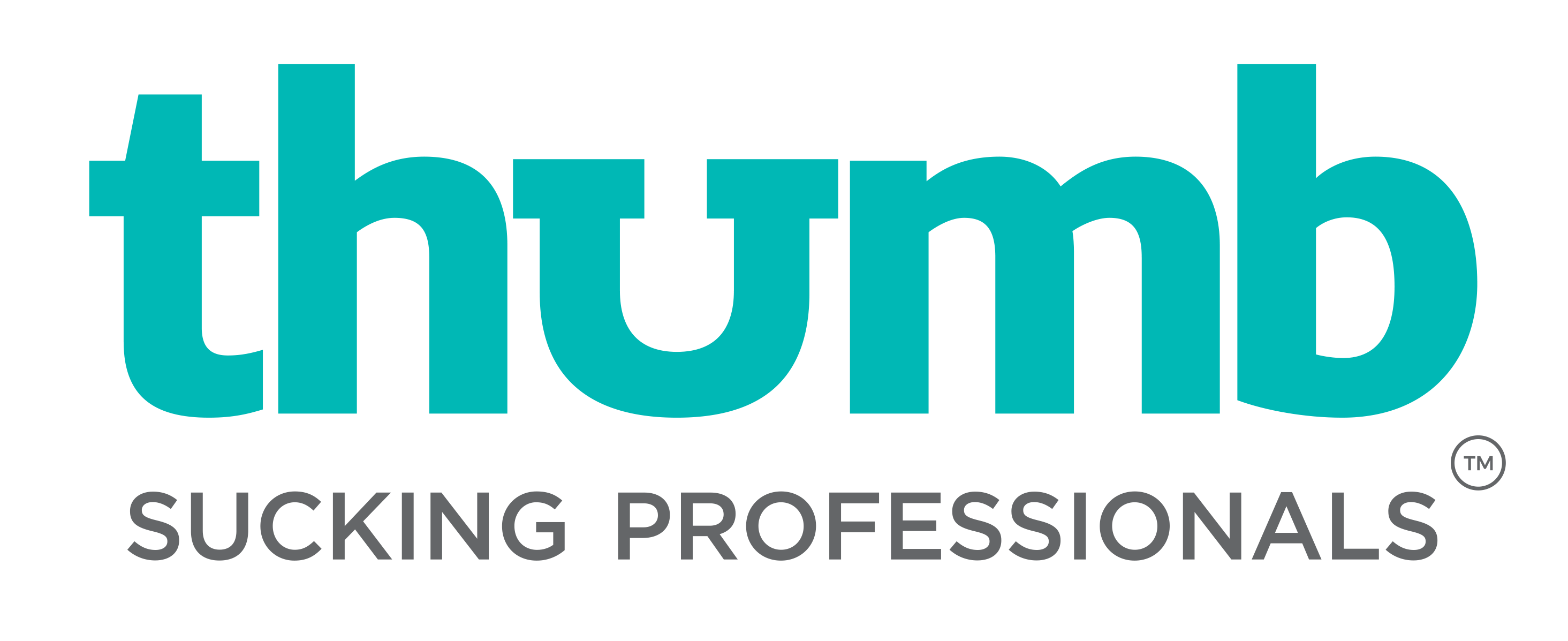Menu
How to Break the Habit of Thumb Sucking Among Toddlers – What to Know
If you’re a parent, you’ve probably noticed your toddler sucking his or her thumb every now and then. Either it has to do with your child’s physiological or psychological development, or it might have to do with an oral fixation. As a parent, you may have deemed thumb sucking a normal part of growing up. If your toddler has already reached three years of age, however, it’s time to break the habit.
Why? Although thumb sucking doesn’t seem too harmful, it can do more damage than you would think. Your toddler’s constant thumb sucking can affect his or her oral structure and function such as the jaw shape, bite, and teeth. It might even have negative repercussions on your toddler’s overall speech. In fact, waiting for your child’s permanent teeth to grow and for her to stop sucking can lead to “buck teeth” lead to problems orthodontic problems that could later result in braces. Therefore, as soon as your toddler reaches the age of three, make a conscious effort to address the problem.
There’s no doubt that it can be rather difficult to break the habit. Positive reinforcement and constant monitoring is advised to address the problem. Many toddlers, reluctant to give up the habit, default back to thumb sucking the moment you turn your back. Studies show that pleasure “hot spots” are activated when children suck – you wouldn’t want to give it up either!
To help you wean your toddler off the harmful habit of thumb sucking, here are five things that you should try:
Talk to your toddler.
The first thing to do is to talk to your toddler. You need to let your toddler understand as much as possible that thumb sucking is a bad habit. Of course, as young as she is, she won’t have a grasp of what you’re trying to say and why she needs to stop sucking. However, as you regularly remind your child, she will slowly understand why it’s so important. Most toddlers look up to their parents and follow what they have to say.
Show your little one the effects on Youtube.
Most toddlers born into this generation are into gadgets. While that can be quite discouraging for psychological reasons, there are advantages that you can leverage as well. If your toddler likes to watch Youtube as most young kids do, let her watch the adverse effects of thumb sucking. Sometimes kids need to hear this from other people, other than their parents. Seeing the effects on video via Youtube can be quite convincing too. For all you know, your toddler may quit on his or her own!
Make use of chew toys.
If your toddler just won’t break the habit, there’s one good alternative as well that you can resort to — chew toys! No, it isn’t a misspelling of a mispronunciation. Chew toys (not to be confused with chewelry) is sometimes used as an alternative to other potentially harmful oral habits, such as thumb sucking. It can be a good substitute to help a toddler stop sucking without causing them to go without the pleasure they get from the oral stimulation. There is a wide array of these products out in the market that you can choose from, so you’re likely to find something that will work for you!
Observe their sucking times.
Another important thing to do is to observe your toddler’s sucking times. You may remember to remind him or her half of the time, but the other half of the time, your little one may fall back into old habits. Many toddlers are fond of thumb sucking while watching TV or sleeping.
Knowledge is power. When you are aware of the times that your little one is most likely to suck his or her thumb, you can be especially alert and devise a plan that keeps your little one busy during these times. As much as possible, make a daily sticker chart and provide lots of praise and positive rewards for success. Once your child manages to survive without sucking for about two weeks, then you’re just about home-free!
Praise your toddler.
Finally, praising your toddler can make a big difference in your quest of breaking their thumb sucking habit. After all, encouragement and praise is a great way to boost your toddler’s morale. You may need to get your child’s caregiver to help you with this step as well. It’ll help if you praise your child for not sucking at least once an hour. It’ll surely make a difference!
We’re a thumb sucking clinic that helps to resolve addictive sucking among toddlers – get in touch today to see how we can help!
Share
Tweet
Share
Pin
